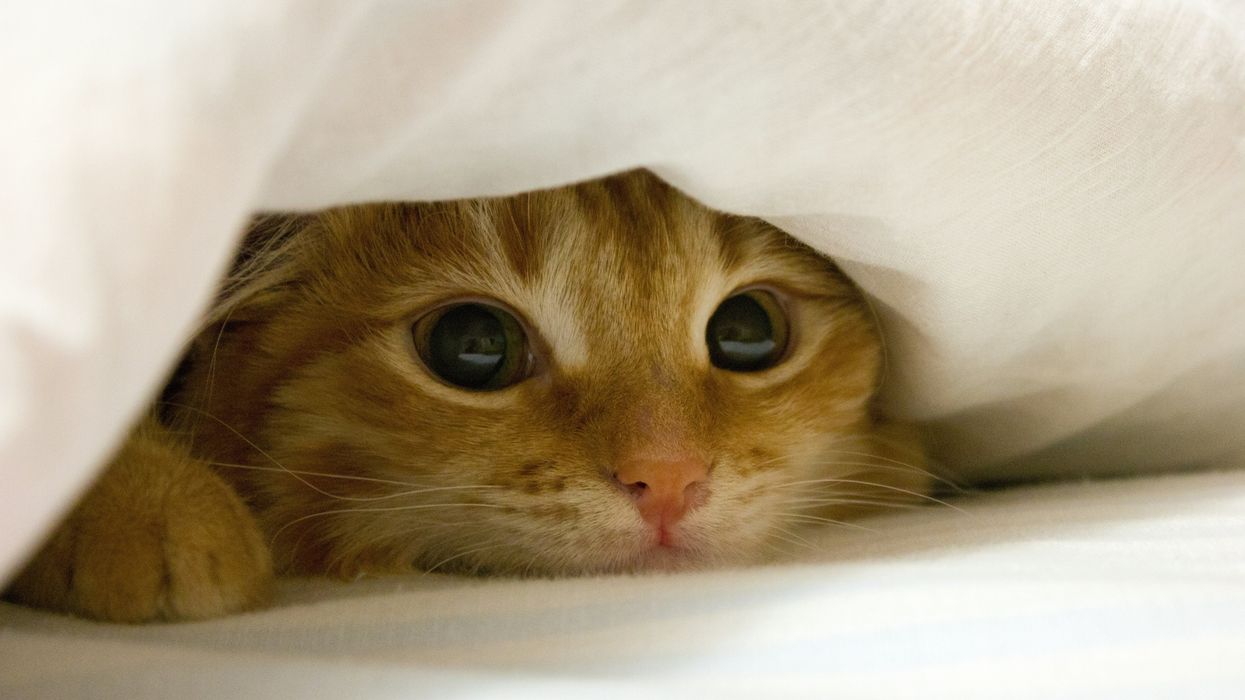Planet Earth's hot shot status as miraculously life-supporting is owed, in large part, to oxygen.
The stuff is a prime factor in sustaining animal life.
Though a new discovery just knocked earth down a peg.
The humbling force? A microscopic little guy that's been shacking up in a salmon.
It's always the fine print.
Earth sits in the ideal position in our solar system to provide life. The planet hovers at a prime distance from the sun to sustain the life of plants.
The plants "eat" carbon dioxide and release oxygen. The oxygen is, in turn, used by animals to produce energy.
If not for all that oxygen produced, this place would be a ghost town. Literally every known animal needs the gas to support its life.
That basic truth was thrown up in the air by a paper published in mid March 2020.
The paper outlines the discovery of a less than 10-celled parasite called Henneguya salminicola which lives deep within the tissues of salmon and has evolved to produce energy using molecules found within the salmon, rather than oxygen, according to CNN.
CNN caught up with one of the co-authors of that paper, Stephen Atkinson, a senior research associate at Oregon State University's Department of Microbiology.
Atkinson broke down the head-scratching nature of the discovery.
"When we think of 'animals,' we picture multicellular creatures that need oxygen to survive, unlike many single-celled organisms including protists and bacteria."
"In our work, we have shown that there is at least one multicellular animal that does not have the genetic toolkit to use oxygen."
Atkinson went on to elaborate that the parasite is related to jellyfish and coral. H. salminicola can survive without oxygen by finding a loophole: consuming the scraps of molecules that the salmon made for itself from oxygen.
So H. salminicola added the middle man.
A bit lazy, this one.
That said, there's not a great amount of energy to be gathered from those molecular scraps.
Atkinson had an answer for that as well. The researcher explained that H. salminicola, by knocking out the gene used in processing oxygen into energy, the parasite reduces the amount of energy it needs.
"By losing the genome, the parasite is saving energy by not having to copy genes for things it no longer needs."
Atkinson continued by telling CNN that he doesn't expect this to be the last discovered non oxygen-consuming animal. And more discoveries will only serve to confirm or deny that molecular scrap hypothesis of his.
The award winning documentary series Planet Earth: The Complete BBC Series is available here.


















